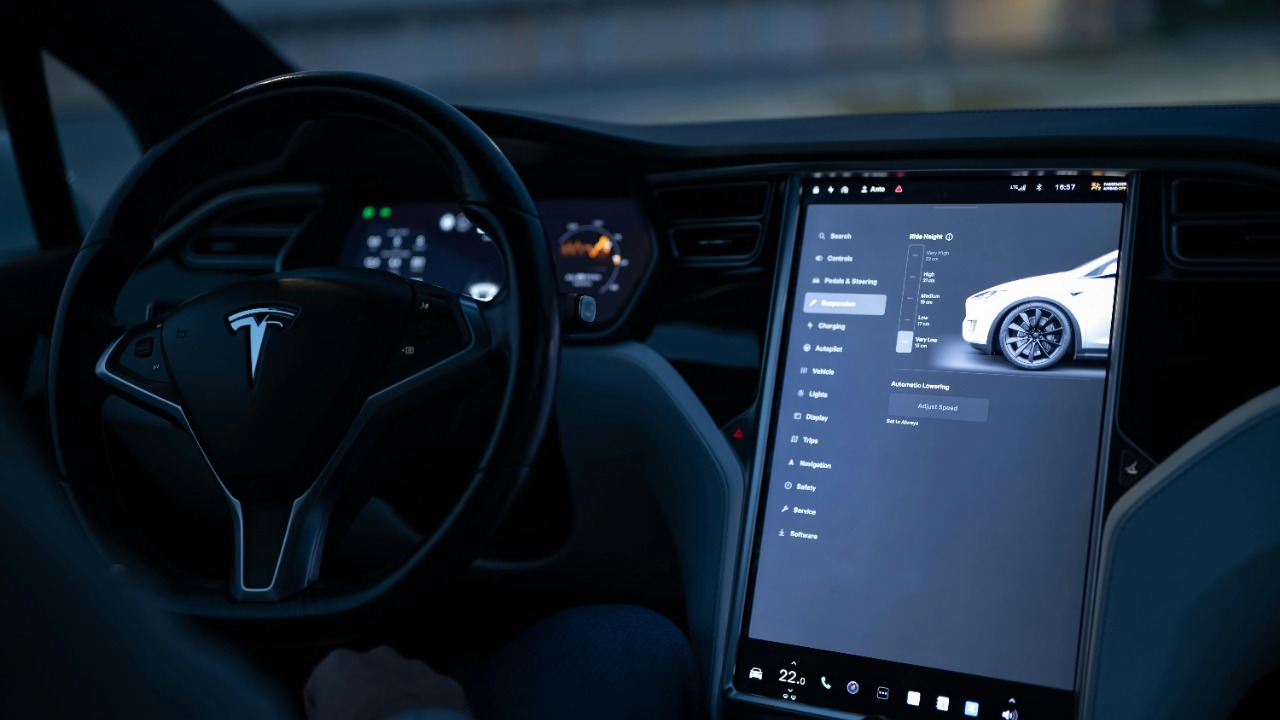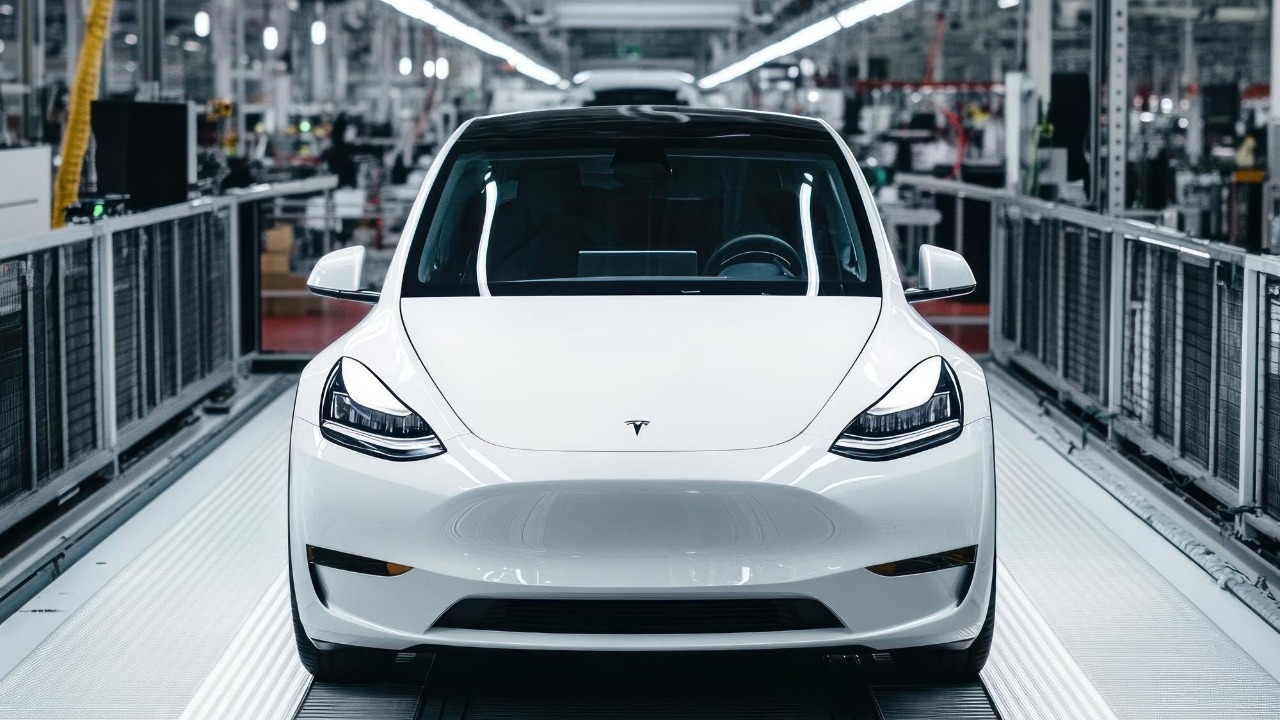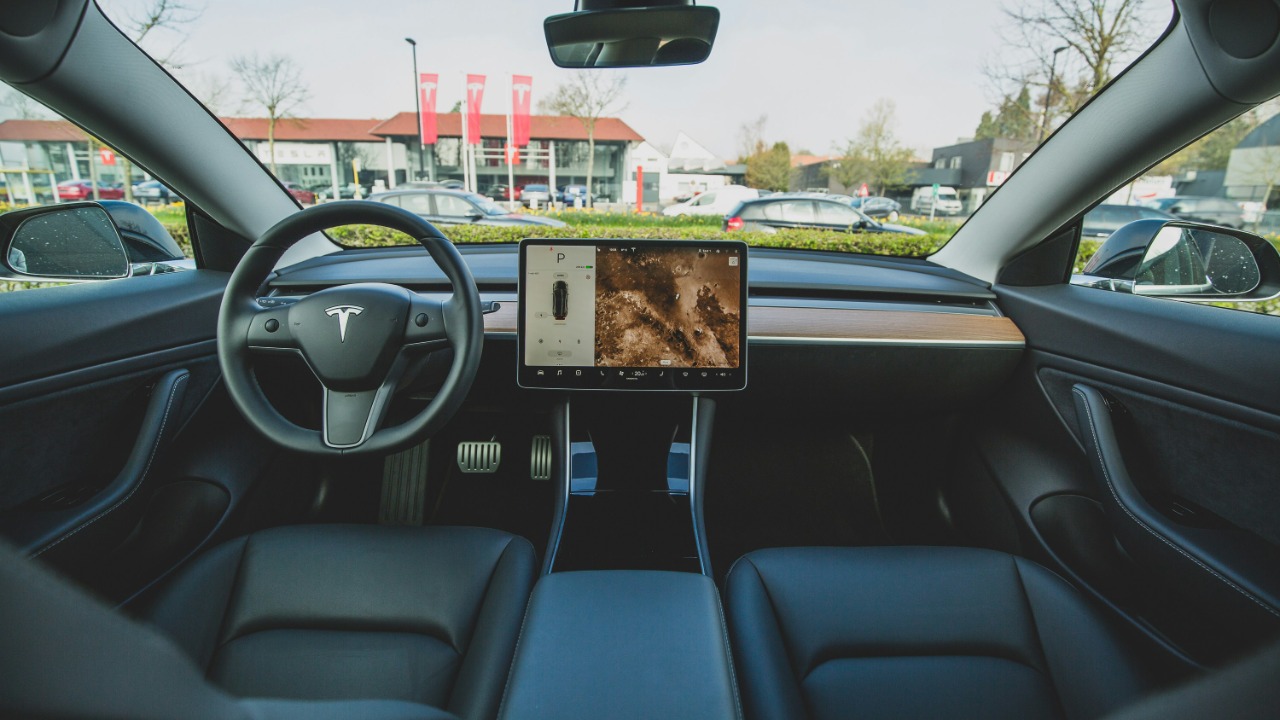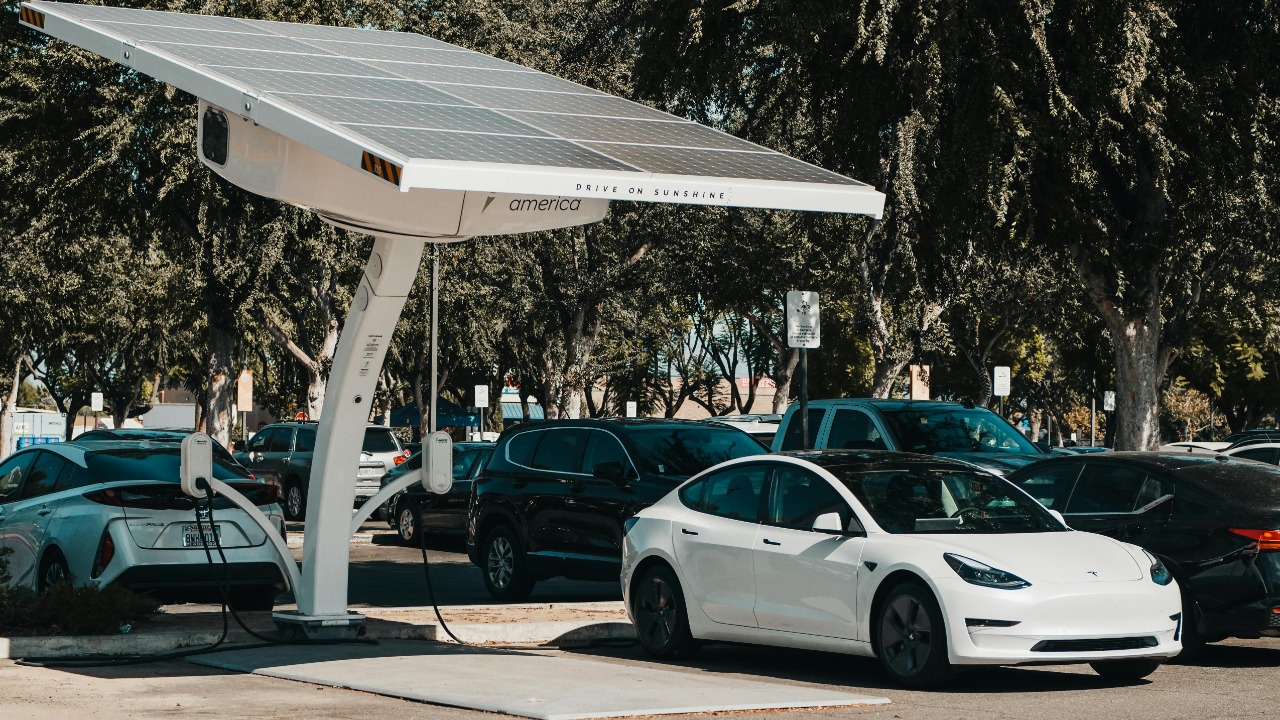
Tesla’s recent trajectory showcases a stark duality as it faces significant challenges in its automotive division, while simultaneously making groundbreaking advancements in AI and energy sectors. This juxtaposition has been drawing attention to how the company navigates contrasting fortunes across its core operations. Source
Automotive Challenges

Tesla is currently grappling with several headwinds in its automotive sector, which include increased market competition and production issues. The company is facing stiff competition from both traditional automakers and new entrants in the electric vehicle market, which has intensified the pressure on its market share. Production challenges, such as supply chain disruptions and manufacturing delays, have further compounded these issues, affecting the timely delivery of vehicles to customers. These factors have contributed to a decline in Tesla’s sales figures and market share, as reported by industry analysts.
Investor reactions to these automotive challenges have been mixed, with some expressing concern over the potential long-term impact on Tesla’s stock performance. The company’s stock has experienced fluctuations as investors weigh the implications of these challenges against Tesla’s broader strategic initiatives. Despite these concerns, some investors remain optimistic about Tesla’s ability to overcome these hurdles, citing the company’s history of innovation and resilience in the face of adversity.
Furthermore, Tesla’s automotive challenges are exacerbated by regulatory hurdles in various key markets. Stricter emissions standards and evolving safety regulations require continuous adaptation and innovation, which can strain resources and impact production timelines. Additionally, the fluctuating costs of raw materials, particularly lithium and cobalt essential for battery production, pose financial challenges that could affect pricing strategies and profit margins. These external pressures necessitate a robust response from Tesla to maintain its competitive edge in the global automotive landscape.
Advancements in AI

Amidst the challenges in its automotive division, Tesla has made significant breakthroughs in AI technology, which are poised to influence the automotive industry profoundly. The company has been at the forefront of developing advanced AI systems that enhance the capabilities of its vehicles, particularly in the realm of autonomous driving. These advancements have positioned Tesla as a leader in the integration of AI within the automotive sector, setting new standards for innovation and performance.
To bolster its AI capabilities, Tesla has engaged in strategic partnerships and acquisitions that enhance its technological prowess. These collaborations have enabled the company to access cutting-edge technologies and expertise, further strengthening its position in the AI landscape. The potential implications of Tesla’s AI advancements on its long-term business strategy are significant, as they open new avenues for growth and diversification beyond traditional automotive manufacturing.
In addition to its advancements in autonomous driving, Tesla’s AI initiatives extend to optimizing manufacturing processes and enhancing customer experience. By integrating AI-driven analytics, Tesla aims to streamline production lines, reduce waste, and improve overall efficiency. This technological integration not only supports cost reduction but also enhances product quality and delivery speed. Moreover, AI is being utilized to personalize customer interactions, offering tailored recommendations and services that enhance user satisfaction and brand loyalty. These multifaceted applications of AI underscore Tesla’s commitment to leveraging technology for comprehensive business improvement.
Energy Sector Breakthroughs

In addition to its advancements in AI, Tesla has introduced key innovations in the energy sector, particularly in renewable energy and storage solutions. The company has unveiled new products and technologies that promise to revolutionize the way energy is generated, stored, and consumed. These breakthroughs have the potential to significantly impact global energy markets, as they offer more efficient and sustainable alternatives to traditional energy sources.
Expert analysis suggests that Tesla’s energy innovations could reshape the broader energy sector, positioning the company as a major player in the transition to renewable energy. By leveraging its expertise in battery technology and energy management, Tesla is well-positioned to capitalize on the growing demand for clean energy solutions. This strategic focus on energy innovation aligns with Tesla’s broader mission to accelerate the world’s transition to sustainable energy.
Moreover, Tesla’s energy sector breakthroughs include significant advancements in solar technology. The company’s Solar Roof initiative, which integrates solar panels seamlessly into roof tiles, represents a major step forward in making renewable energy more accessible and aesthetically pleasing for consumers. This innovation is complemented by Tesla’s expansion of its Supercharger network, which supports the growing number of electric vehicles and facilitates long-distance travel. By investing in infrastructure that supports both energy generation and consumption, Tesla is creating a holistic ecosystem that promotes sustainable living and reduces reliance on fossil fuels.
Balancing Dual Forces

As Tesla navigates the contrasting dynamics between its struggling automotive division and thriving AI and energy sectors, the company is focused on managing these dual forces effectively. Tesla’s leadership has emphasized the importance of balancing short-term challenges with long-term opportunities, ensuring that the company remains agile and responsive to changing market conditions. Strategic priorities have been adjusted to reflect this dual focus, with investments in AI and energy innovation taking center stage.
Statements from Tesla’s leadership highlight a commitment to leveraging the company’s strengths in AI and energy to drive future growth, even as it addresses the challenges in its automotive division. This balanced approach is seen as crucial to maintaining Tesla’s competitive edge and ensuring its continued success in a rapidly evolving industry landscape. Looking ahead, potential future developments for Tesla will likely be shaped by its ability to integrate these diverse business areas, creating synergies that enhance overall performance and sustainability.